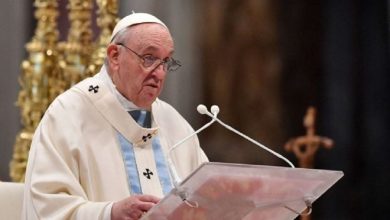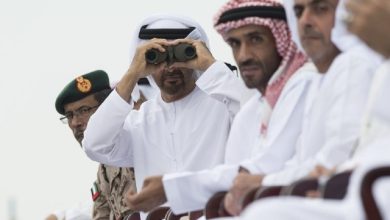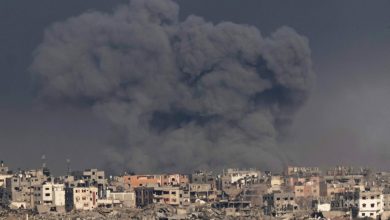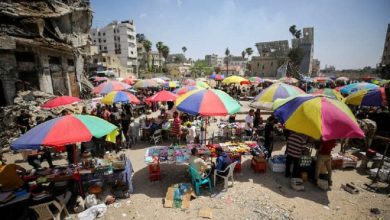The UAE’s Shadow Networks: How Abu Dhabi Fuels Secessionist Militias Across North and East Africa
From Libya to Sudan and Somalia, the UAE’s decentralized web of military, financial, and logistical networks sustains warlords and parallel state structures under a cloak of plausible deniability.
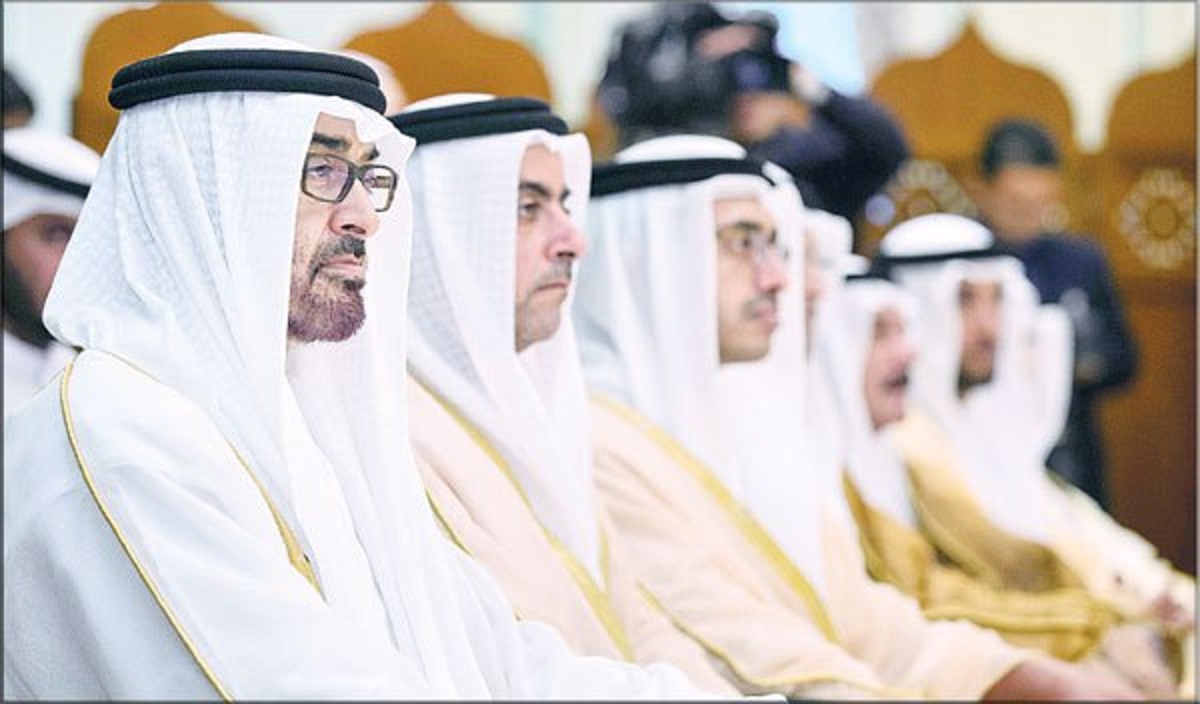
Watan-A sectarian-based non-state actor has emerged, raising alternative claims to regional sovereignty in competition with its UN-backed central governments.
The networks overseen by Abu Dhabi are diverse. The network hubs retain a high degree of autonomy, with the UAE content to relinquish some control over field operations. The links between different networks tend to be horizontal rather than vertical, with Abu Dhabi often remaining the key to organizing and connecting different nodes across various networks.
While much attention is focused on the UAE’s secessionist axis involving armed non-state actors—such as the Libyan National Army, Sudan’s Rapid Support Forces, Yemen’s Security Belt Forces, or the Somaliland Armed Forces and Puntland Maritime Police Force in Somalia—there is a broad foundation of financial, logistical, commercial, and informational networks keeping them afloat.
The Backbone Behind the Militias
These militia, rebel, and mercenary security networks are supported by networks of logistics experts and commodity traders. Additionally, financial networks allow proxies to trade goods and minerals for more fungible assets.
These financial networks also provide proxies with ways to bypass sanctions and purchase goods, services, and weapons in the UAE to support their ventures. UAE-based logistics companies offer a variety of vehicles to transport material support and arms to destination countries and beyond. Information networks of influencers, media companies, and PR professionals generate the narratives needed to sanitize these operations domestically.

The Libyan Experience
The roots of the UAE’s secessionist axis go back to 2014, when Khalifa Haftar—a former general under Muammar Gaddafi—returned to Libya from exile.
In February 2014, he attempted to launch a counter-revolution via YouTube, unsuccessfully, but it caught Abu Dhabi’s attention. Within three months, Emirati financial, military, and media support transformed the warlord’s YouTube uprising into a comprehensive counter-revolutionary effort, under the banner of fighting “terrorism.”
A network of militias and marginalized brigades launched Operation Dignity against the UAE’s boogeyman—the Muslim Brotherhood, a term used to describe all revolutionary forces that overthrew Gaddafi in 2011. Their assault on the Libyan parliament in May 2014 led to the formation of the Libyan National Army (LNA)—a contradictory network of militias that is neither truly national nor a traditional army.
While Operation Dignity failed to completely undo the revolution’s gains, Haftar succeeded in seizing control of eastern Libya and its capital, Benghazi. The LNA, backed by the UAE and Russia, failed to overthrow the UN-backed government in Tripoli, but this did not stop it from building its own competing social and political infrastructure.

Libya: The Launchpad of Emirati Power Projection
Today, the LNA is a semi-state militia network led by an aging strongman whose family has established a patronage system in Benghazi to ensure continuity. Most importantly, the UAE has succeeded in reviving the traditional “Eastern Question” of Libya’s eastern tribes.
The LNA’s sphere of influence aligns closely with the borders of Libya’s historical Cyrenaica region, which sees itself as socially and culturally distinct from Tripoli in the west and Fezzan in the south.
The security networks that sustained the LNA over the years have transcended national borders. The LNA has become a major gateway for African mercenaries, with Russian and Saharan hired fighters forming core elements of Libyan militia brigades.
Thus, Libya emerged as a bridgehead for the UAE’s regional security networks. Military bases were used to provide material and military support to fighters, and weapons leased for the LNA war effort flowed into other regional conflicts.
Emirati advisors were directly involved in training the LNA and providing intelligence support, while the UAE delivered aerial support on multiple occasions. When Russia’s Wagner Group was established in Libya in 2019—allegedly financed by Emirati banks—the LNA’s pivotal role in a continental security network was cemented.
Haftar provided Russia with a platform to launch operations across the continent. Russian aircraft were able to land at military bases seized by the LNA and then take off for other conflict zones in the region.
One of the most vital resources was a network of logistics experts and private logistics firms, often based in the UAE, providing strategic airlift capabilities. Fighters, material support, and weapons needed to be transported by air—not just to Libya but to other war zones as well.

Privatized War: How the UAE Funds and Arms Haftar’s Libya
The UAE’s security network supply chain was heavily privatized to ensure plausible deniability. In 2020, at the height of the COVID-19 pandemic, the UAE Air Force relied on Emirati companies to drop 150 cargo planes loaded with weapons into Libya—an arsenal that continues to feed fighters across the network today.
Abu Dhabi also provided financial networks to help fund the LNA’s operations. Billions of dollars of Gaddafi’s frozen assets were allegedly released from Emirati banks to eastern Libya to finance Haftar’s efforts.
Additionally, the LNA attempted to sell Libyan oil from fields under its control—without the knowledge of the National Oil Corporation—via a rival company, depositing the receipts into Emirati banks. However, commodity traders were hesitant to bypass the National Oil Corporation, diverting the illegal sales into the black market. Nonetheless, reports suggest the Haftar family, at the very least, has managed to conduct private banking transactions in the UAE.



